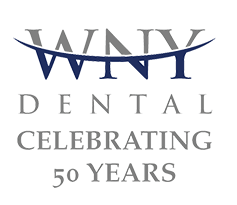TMJ & Jaw Pain Post Treatment Care




























What a team! From the reception staff to the hygienists to the doctors, everyone is warm welcoming and outstanding customer service. Building is clean and organized. They don't shame you but instead educate you on dental health. All in all, the best dentist office I have ever gone to and I won't be changing any time soon!
I'll make it short and sweet. The staff has been absolutely phenomenal, they're always quick to get me in, and I've never had a better experience anywhere else. They have two concerns, my comfort (both physical and mental) and my teeth, and it's in that order. Don't go anywhere else, if you do you're missing out
Love this office! Very friendly, professional Staff. My kids love the waiting area. Excellent care!
Out of all the dentists that take my insurance, they were the only who would get me in within 24 hours for an emergency. All the rest said 3 weeks to month. I have dental anxiety but not the traditional fear of pain and needles kind. The kind that stems from over 30 years of having dental problems and no dentist ever listening to me and taking me seriously. So, I've given up. But, already in just one visit, WNY Dental has been different. I don't expect a miracle, and even if in the end, It's ....

